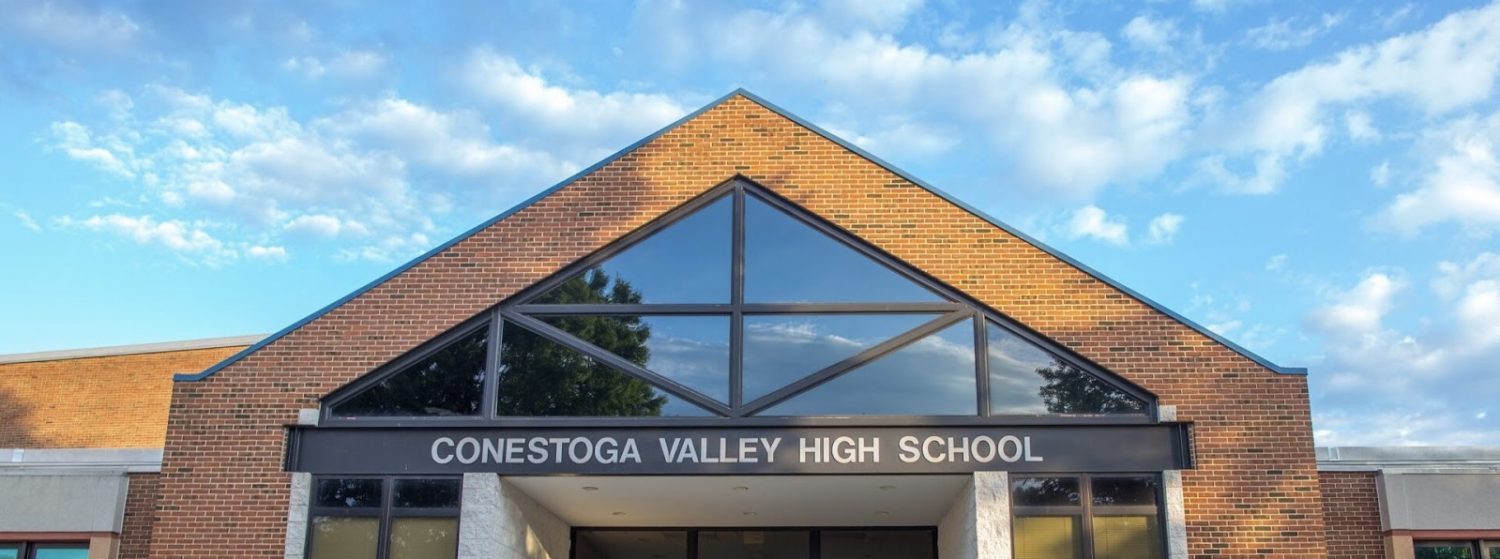By Kayleigh Hendricks ’23
LGBTQ+ History Month is an annual month-long period of observing lesbian, gay, bisexual and transgender history, the history of the gay rights, and related civil rights movements. LGBTQ+ History Month runs from October 1st to October 31st. The history month was founded in 1994 by a Missouri high school teacher named Rodney Wilson.
Throughout LGBTQ+ History Month, events include Allies Week, which occurs from October 5th to the 9th, during which each day focuses on a specific LGBTQ+ topic that is not often discussed, National Coming Out Day on October 11th, and the anniversary of the first march on Washington (1997) by LGBTQ+ people on October 14th. Additionally, Spirit Day takes place on October 20th, when students across the country wear purple to show support for LGBTQ+ youth.
However, despite the many days of celebration and inclusion, transgender history—the T of LGBTQ+—often gets left out during LGBTQ+ History Month.
“To be transgender means to have a disconnect between your assigned gender and the gender you identify as,” Jaiden Ryan, a high school senior from Conestoga Valley, explained. Ryan identifies as transgender and personally knows the hardships it comes with.
The transgender community often feels unsafe to openly come out to the community around them because they feel as if they are going to be judged for their every movement because of one major lifechanging decision they have made.
“You should be comfortable with the way you feel with no judgement from the peers around you,” a middle schooler from PA commented. “Transgenders often fear not being accepted into the community they are in and around constantly. People getting targeted, and even worse, killed for coming out to their community as transgender.”
Transgenders often face a lot of hardships after openly coming out as transgender. They are commonly deadnamed and misgendered. Deadnaming occurs when trans people are referred to by others as the name they were assigned at birth. Similar to deadnaming, misgendering is calling them by the pronouns and gender they were also assigned with at birth.
LGBTQ+ history month is important because it highlights what has happened to the LGBTQ+ community in the past and how society can and will evolve from those events. Trans people experience many social hardships daily for simply living the way that is most comfortable for them. Their inclusion in LGBTQ+ history month is a way for the trans community as a whole to celebrate the progress they have made.
